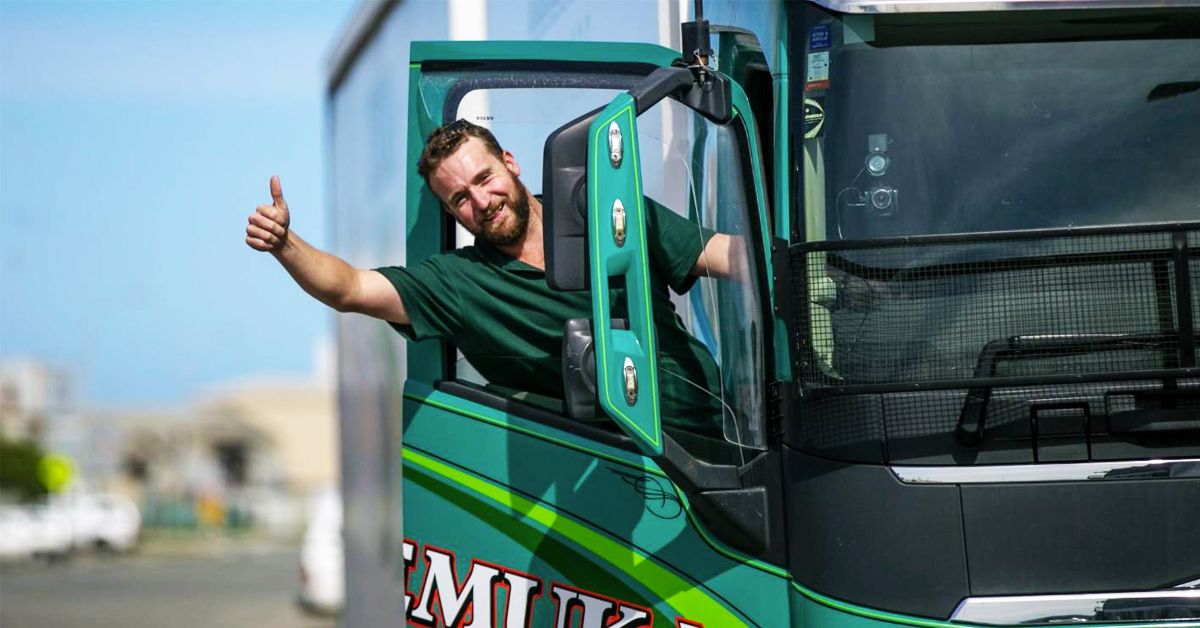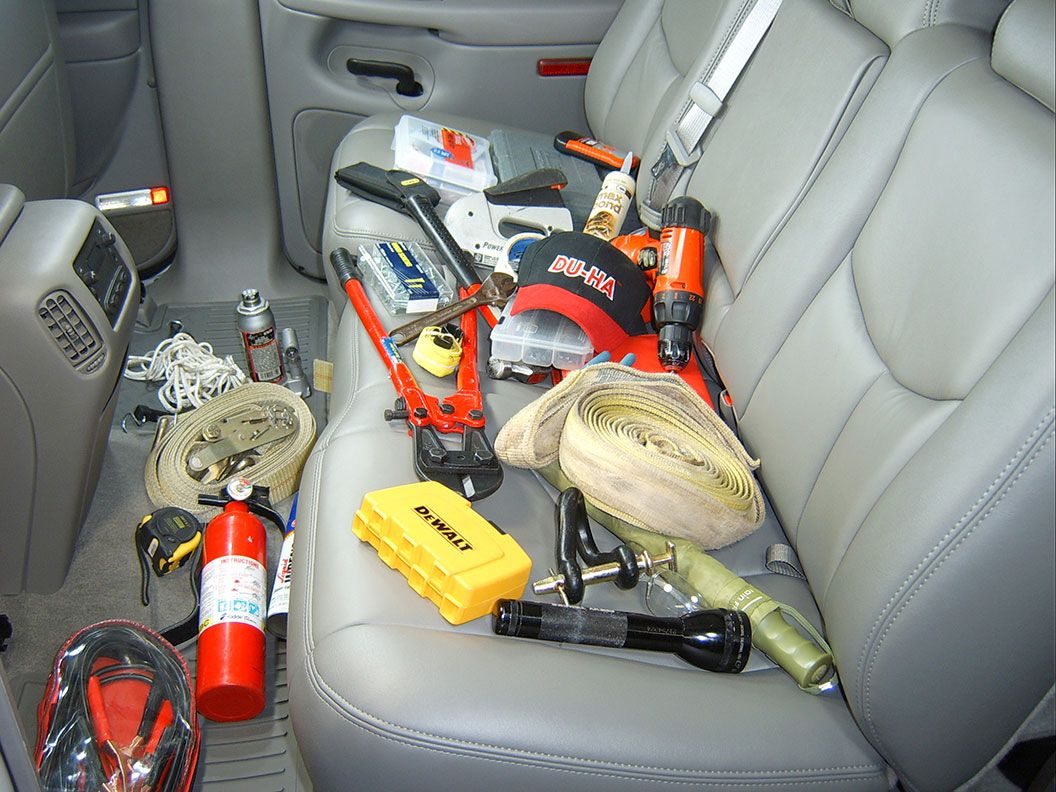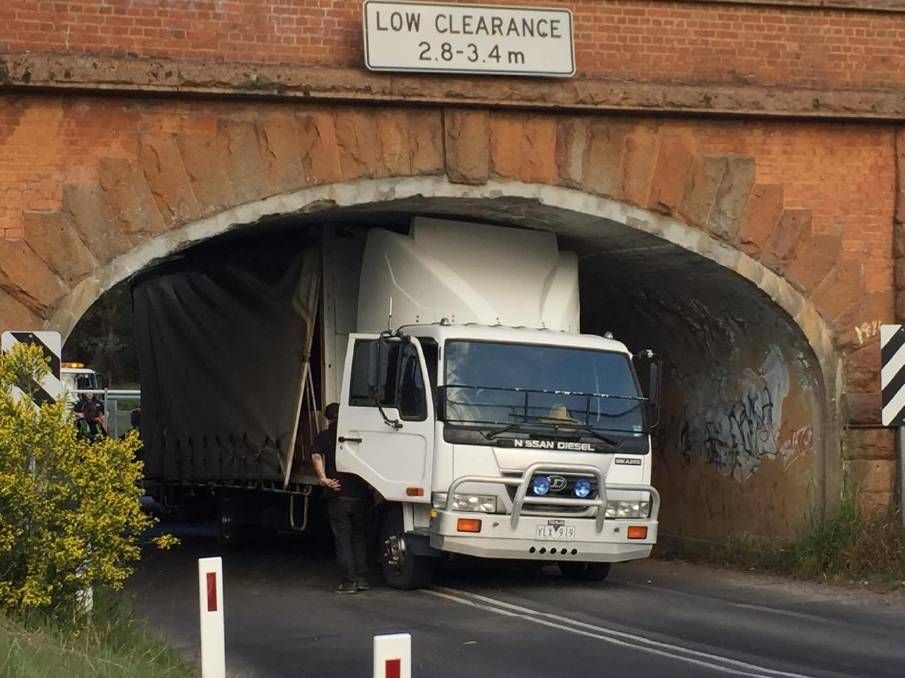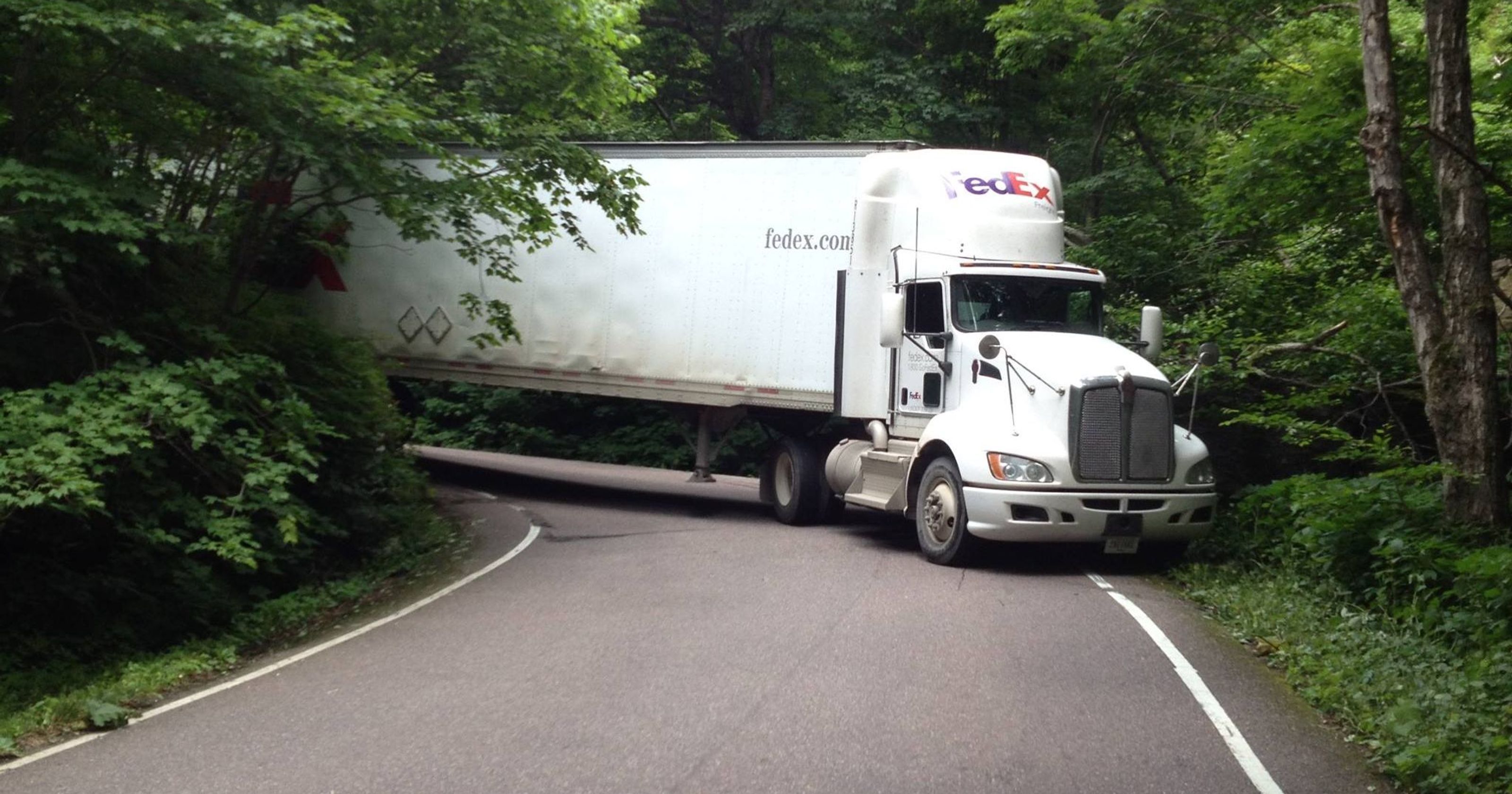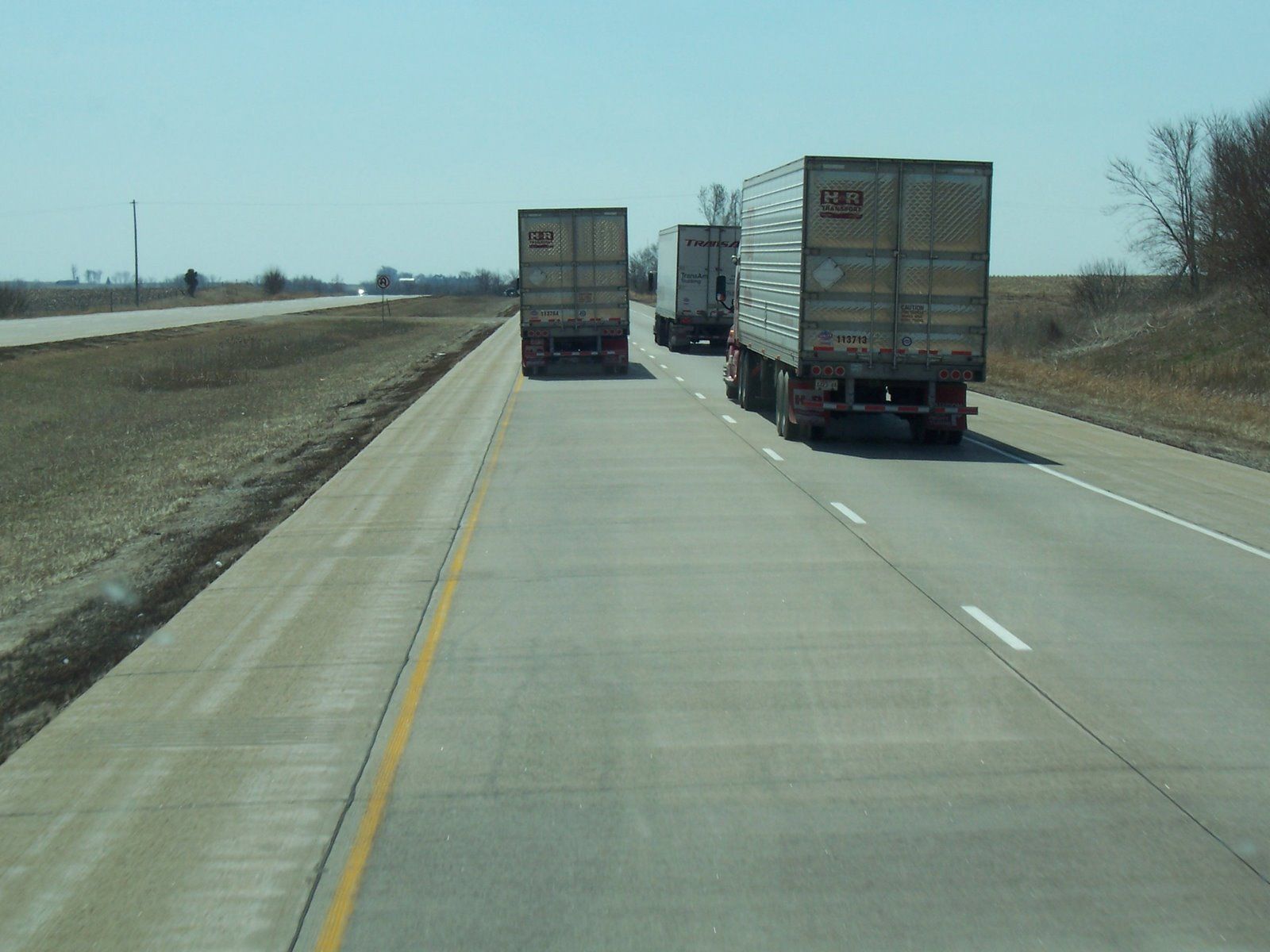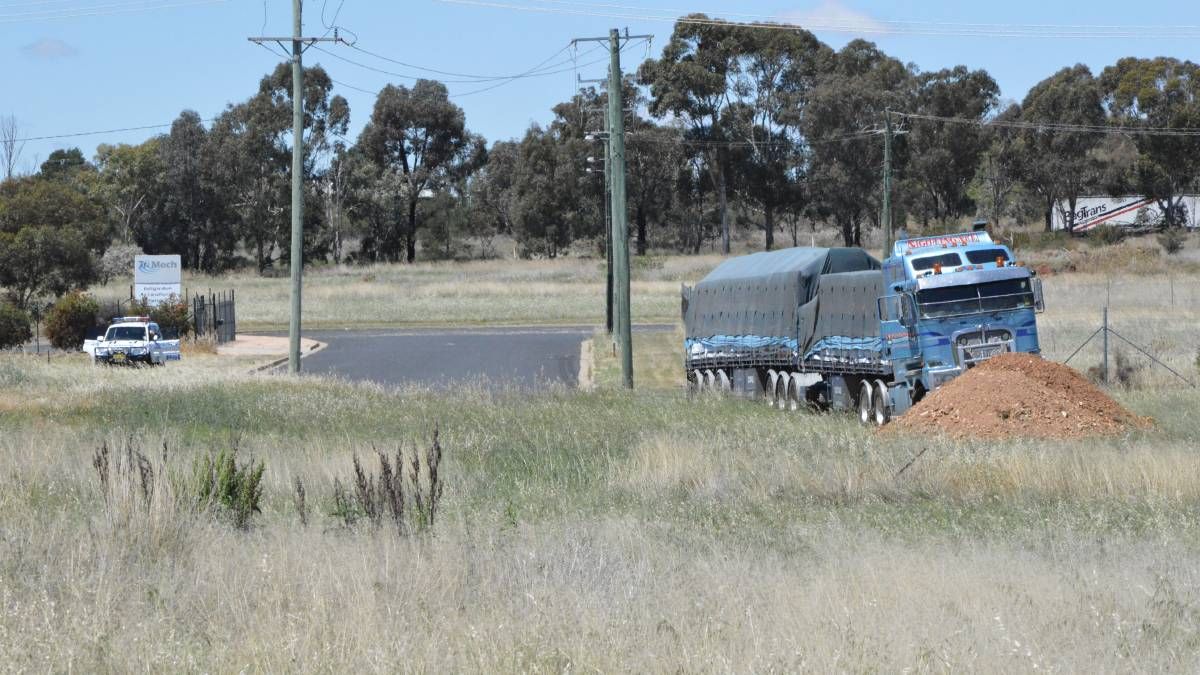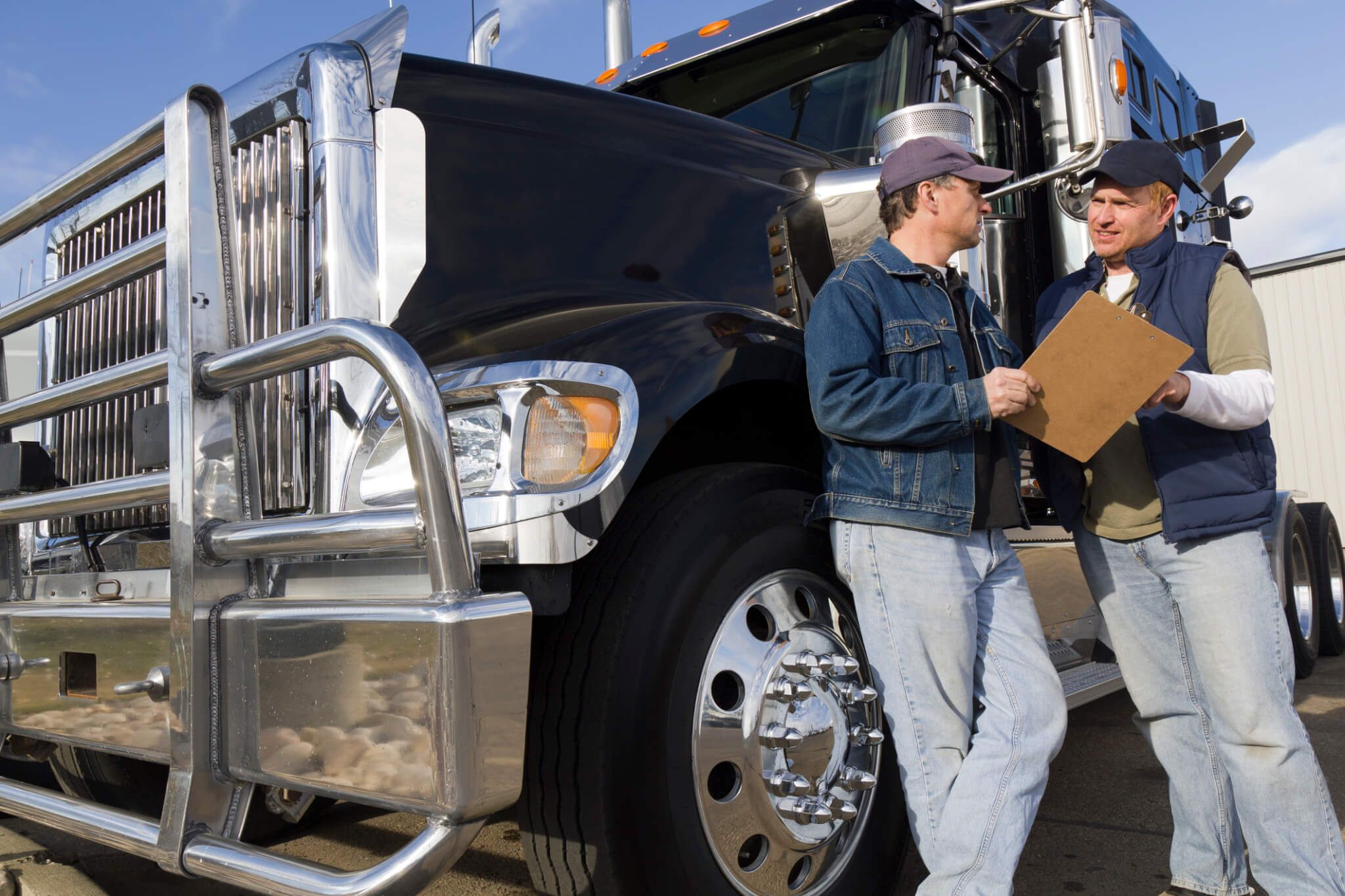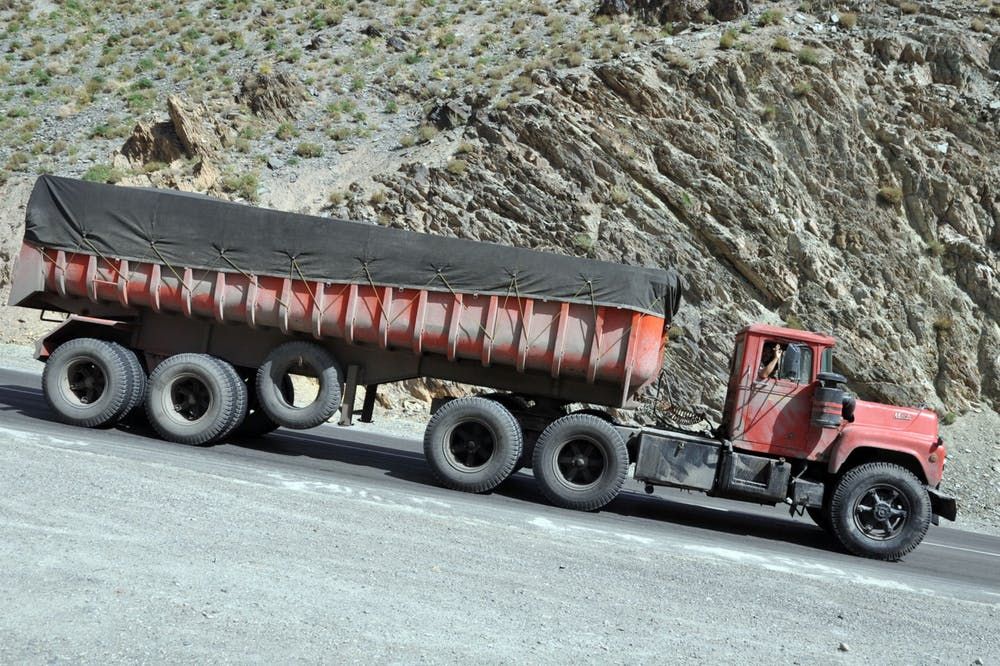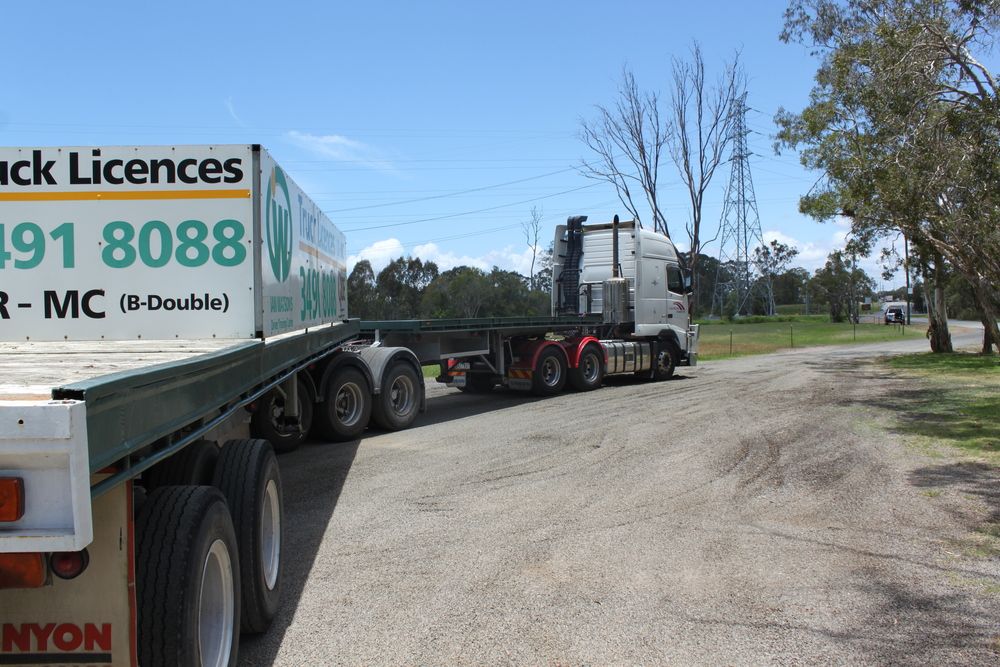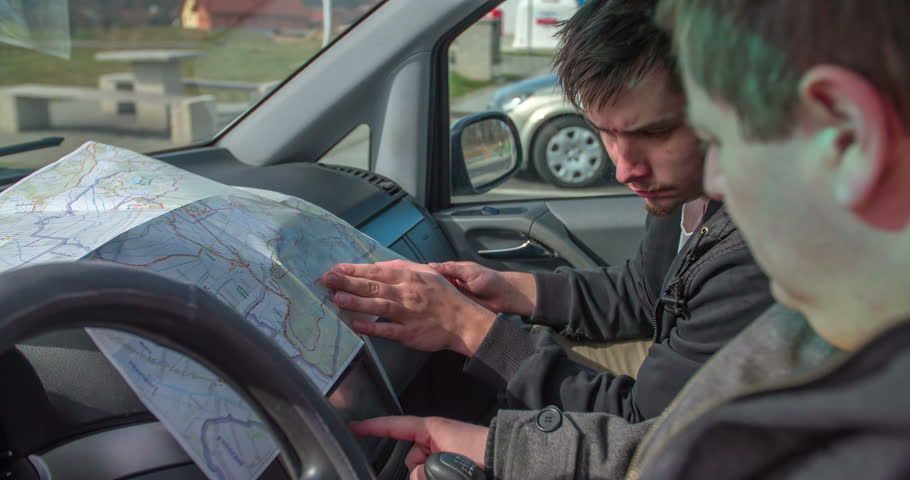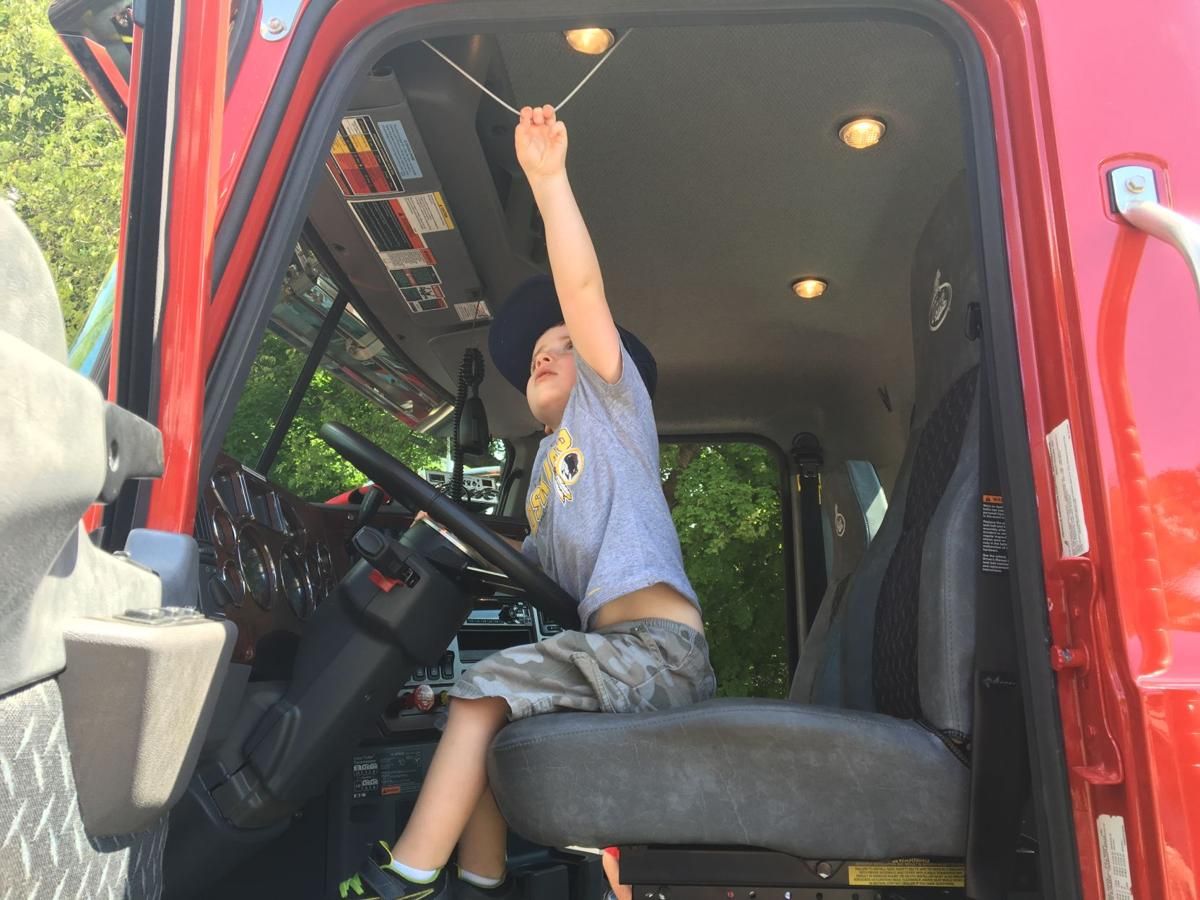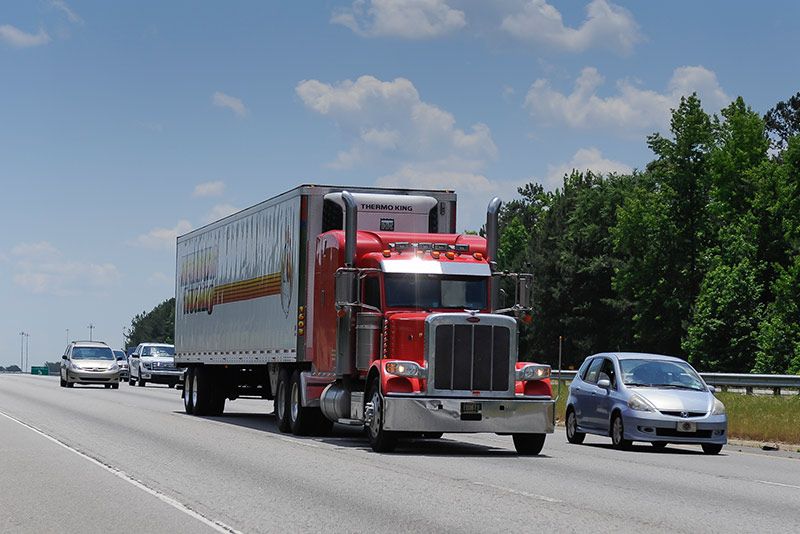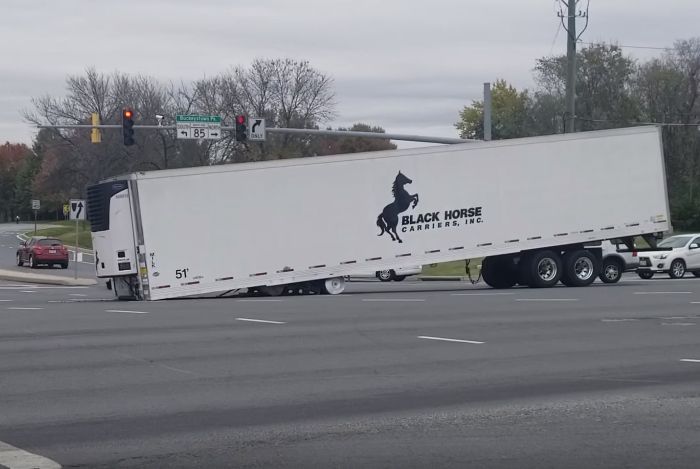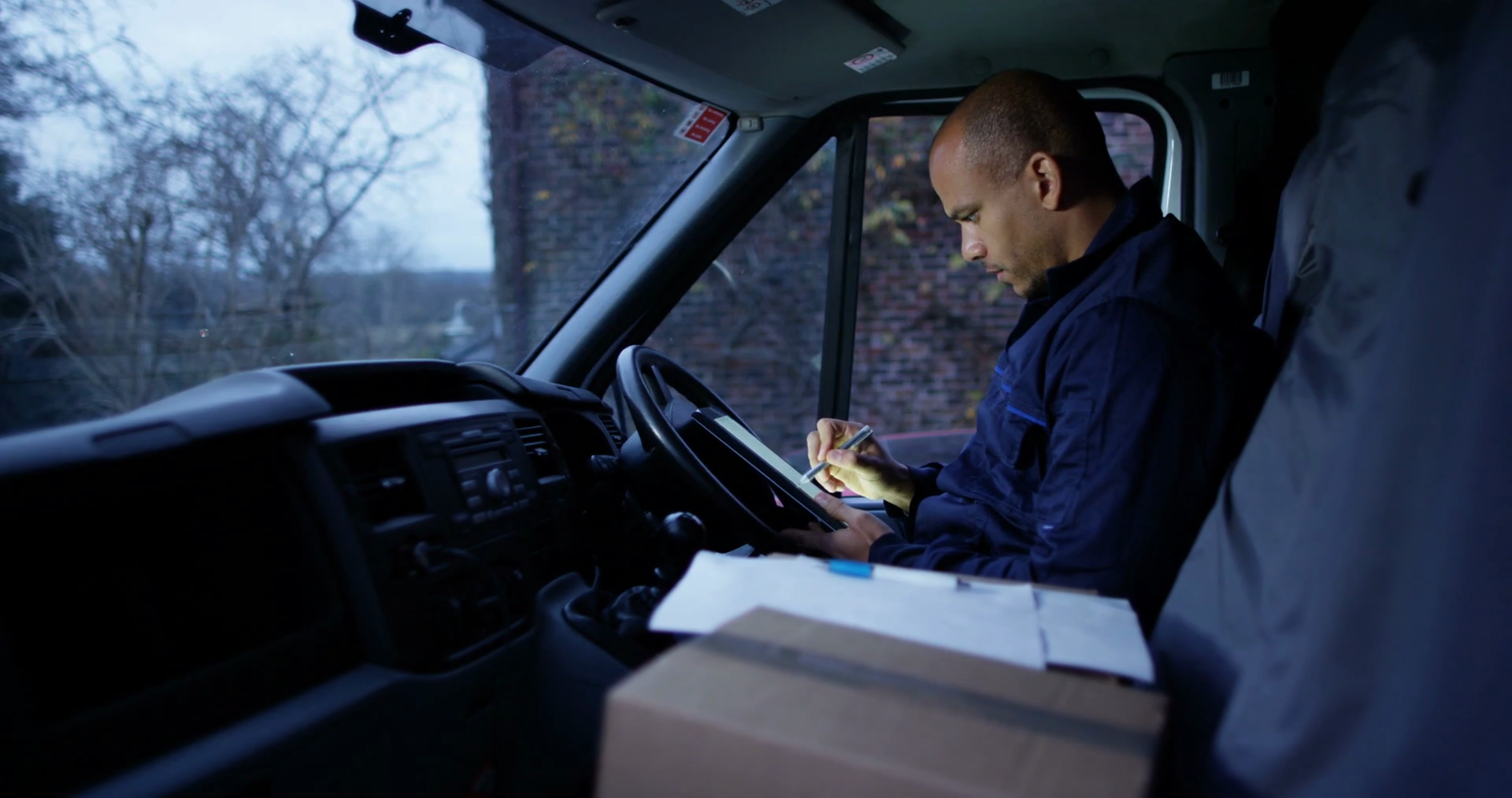Legal driving provides a tremendous amount of convenience to a person and enables one to be more efficient and effective. Although getting a license to operate a regular vehicle is an achievement, the bigger accomplishment is a truck license. Truck driving allows you to transport cargo that would not be possible with a regular sedan and requires skills that most drivers don't possess.
After all, a truck is bigger and heavier than most vehicles on the road and entails mechanics not found in a sedan. Once rookies acquire their truck license, most feel superior to other road users and act in a manner that puts their lives, as well as others, in danger. While some rookies don't act arrogant on the road, they lack the experience to maneuver a big rig. They forget to do several pre-trip checks and lack the confidence to drive a big vehicle.
We wanted to find out what are the biggest mistakes rookies make when they drive a rig for the first time. To glean the information, we acquired information from driving instructors, veteran drivers and truck operators. The next time you see a truck driver making a mistake on the road, he could be a rookie who's a culprit of one of the mistakes featured on this list.
25 Being Disorganized
Although truck drivers don't work in an office and need to fill out endless papers, they need to be organized. Part of the job involves admin, so regardless of what newbies feel about filling out papers, it needs to be done.
Drivers need to update their logs, keep receipts and paperwork after they've delivered a load, as well as all the papers required to transport the cargo. When a driver is organized, he or she needs to focus only on the road and not worry about admin issues.
24 Overconfidence
You've received your commercial license. Congratulations. Although rookies have the paperwork to state that they can operate commercial vehicles, it doesn't mean that they have all the necessary skills.
Rookies need to get used to the monstrous vehicles called rigs and shouldn't feel too confident that they know how to maneuver the massive steering wheel. Although rookies possess the knowledge required to operate rigs, they lack the experience and should be humble while learning.
23 Missing Signs
Ask a truck driving instructor what one of the most common mistakes that drivers make when they get behind the wheel of a rig is, and he will tell you that rookies miss signs. Sure, they might have their license, but it doesn't mean that they are observant.
According to Truck News, new drivers fail to notice speed limits, lane restrictions, highway exits, truck stop exits and lane endings. While maintaining a steadfast rig in the lane is important, rookies shouldn't forget to look to their sides to check the road signs.
22 Forgetting The Trailer
Rookies are used to driving small vehicles and forget about the length of the truck. Apart from the truck's length that rookies are oblivious to, they forget that a trailer is often attached to the rig. When a driving instructor explained his student's altercation with another truck driver, he said;
"A second later our CB screams, “Hey! What are you doing? Is this your first day driving or what?” I look out the door: we have almost hit the poor guy’s truck with the side of our trailer! The trainee got lucky this time, but he was turning too sharp and too fast – forgetting about the 53-foot trailer behind."
21 Painful Passing
The biggest problems that rookies commit when passing is waiting until the last moment. They hesitate to pass, and when they get into the passing lane, on-coming vehicles are driving at blistering speeds without any gaps in the traffic.
The problem with not passing at the right time is that the trip gets delayed. "As a result, our truck often gets stuck behind a “slow crawler”; especially if we’re on a steep grade and have 44,000 lbs of freight," said Sergei Dratchev, who works as a trainer for a long haul carrier in Ontario, Canada.
20 Too Proud To Ask For Help
When a driver sits behind the wheel of a rig for the first time, most feel a tremendous amount of pressure to perform well. While that is expected of them to an extent, the rookie's employer is aware that he or she is new to the job and driving and requires help.
A rookie needs clarification to ensure that they are performing their jobs according to the employer's standards but hesitate to ask questions, as they feel that the employer expects them to know everything. Don't ask if you should fill up the tank but ask if the delivery address is unclear.
19 Getting Everyone's Advice
Whenever people begin a new endeavor, they get advice from those who are closest to them. Although advice can help you to make the right decision, you need to be careful whose advice you follow. You wouldn't take financial advice from a poor person, would you?
If you need to know anything about trucks, the best people to ask are veteran drivers. They have experience in the field and will give you the highest probability of giving the right information. Asking grandma about truck driving won't yield the best advice.
18 Expecting Too Much
All jobs have their perks and drawbacks. Starting a new position is exciting, but one shouldn't expect too much. While life on the road can be exciting, as you meet people and explore the world, that lifestyle has certain challenges.
Being away from home for prolonged periods, some drivers struggle to remain professional while battling homesickness. The high expectations syndrome isn't a risk to your physical well being but can mess with you mentally. Life on the road is difficult but can be rewarding.
17 Not Serious About Safety Practices
This mistake is affiliated to rookies who become overly confident when they start driving trucks. While some rookies might ensure that they are safe by wearing a seat belt and checking the oil and water before they depart, they don't always look after the cargo.
Rookies need to ensure that they look after the cargo, as cargo theft has been on the rise. Although truck drivers might be in a rush to make a delivery, they should never skip a truck inspection or fail to check load tie-downs, according to EZ Invoice Factoring.
16 Failing To Take Care Of Themselves
This mistake pertains to rookies not maintaining their health, not regarding their safety while on road. Rookies need to adapt to the new lifestyle once on the road, which they find challenging to do.
Hauling a load when you're tired is part of the job, and rookies need to get used to that but should not take chances that could result in serious injury. If you're exhausted, you should take a break, as no job or any amount of money is worth hurting yourself and others. Get enough sleep, exercise when possible and eat.
15 Lacking Finances
Keeping a truck on the road costs a lot of money. Rookies who work for a large organization might not worry about this issue, but if you are working for a new operator, it could pose a great challenge.
Companies incur a tremendous amount of costs for freight, as well as accommodation and travel expenses for the driver. The last thing you want is for the company to inform you that you're financing your meals and accommodations. Make sure you join a reputable company that factors the driver's expenses when planning a trip.
14 Being A Bully
Think back on your high school days when the scrawny kid sitting on the bench, minding his business, looked like easy prey for bulling. Did you pick on him or defend him? If you picked on him, you might be doing the same thing on the road with your rig.
While driving an 18-wheeler might mean that your vehicle is bigger than others on the road, it doesn't mean that you should be arrogant. Apart from giving truck drivers a bad reputation, arrogant driving is dangerous. The simple rule is not to do it.
13 Not Listening To Experienced Drivers
Most rookie drivers think they know it all. They feel inferior when somebody gives them trucking advice, especially when it comes from an experienced driver. To keep their ego intact, rookies avoid veteran drivers.
Not taking advice from your experienced colleagues is a huge mistake, according to CDL Life. They can offer you valuable advice that could save your life or job. Drivers who have been behind the wheel for years can teach you things that the driving manual cannot. When a veteran driver gives you advice, take it.
12 Fast Driving
Speed kills regardless if you're driving a regular sedan or a big rig. Considering that most rookies are used to driving a regular vehicle and not a rig, they forget that operating a larger vehicle is different than driving a Toyota Prius.
Rookie drivers often ignore the 'safe speed' signs on and off ramps. The biggest mistake that rookie drivers make with speed is slowing down too late when they're ready to exit an Interstate, forgetting about the weight of the rig. Slow and steady wins the race in this case.
11 Zig-Zag Backing
Have you tried to reverse a sedan with a trailer attached? Trust me; it's difficult. Drivers need the practice to do it on a sedan, never mind a rig. A common mistake that rookies make when reversing is too much steering. When the truck reverses, it goes in zig-zags.
Rookies forget that if a small angle exists between the tractor and trailer, the trailer will drift sideways, meaning that no additional steering is required. Sometimes doing too much can have an adverse effect.
10 Lacking Map Skills
The internet era has provided us with satellite navigation on our mobile phones, but what happens when you don't have your phone to check the directions? Traveling long distances could result in a depleted phone battery, or the driver could forget the phone at home.
When you don't have mobile GPS to use, you need the skills to read a map;
"I was driving one day in Illinois, and the trainee sat in the passenger seat. I asked him to find the location of our truck on the US map. I drove 30 miles, and he still didn’t know where we were, even though I had told him the Interstate number and the name of the small town we had just passed. When you can’t read a map, all kinds of trouble can happen to you – especially in a big city," said Dratchev.
9 Fearing The Air Horns
Automobile manufacturers have created the hooter to allow drivers to notify other road users of their presence. If you're driving a rig, you need to use the air horn to inform others of your presence;
"We were on Hwy. 401 in Toronto the other day, doing roughly 100 km/h (62 mph) and a big rig in the right lane started drifting towards us, over the line. My trainee tried to escape left, but there was a car in the passing lane. He stepped on the brakes and hit his…electric horn! I urged him to use the air horn, and he started grabbing the air near the top left corner of the windshield but couldn’t find the cord!" said Dratchev.
8 Negotiating On-Ramps
Due to inexperience, rookies often panic on the road while faced with dilemmas. When a rookie sees a car trying to merge from the on-ramp, they change lanes. Rookies who experience that have three options: they can do nothing, slow down or change lanes.
Doing nothing is the best option because the rig is slow and ramp traffic gets up to speed fast. Rookies who chose to change lanes results in them maneuvering an 80,000-pound vehicle that is 70 feet long, which can be dangerous, according to Truck News.
7 Not Checking The Attachment Between The Truck And The Trailer
Once rookies have driven a rig a few times and have abided the necessary checks, they become too confident in their abilities. Big mistake. Mistakes happen to veteran drivers, so rookies should treat every day as though it was the first time they are performing a task.
Regardless of how many times rookies have successfully connected the tractor and disconnected from it from a trailer, one mistake can cause serious damage. Rookies should check that the fifth wheel is engaged with the kingpin before driving off and after disconnecting the trailer, they should check that the air and electrical lines are unhooked, and the landing gear is extended.
6 Overlooking The Pre-Trip Check
The reason that two pilots always do a pre-flight check is to ensure that everything goes smoothly during the journey. That is the same reason that rookies should do the pre-trip check and not treat is as though they are infallible and everything will go according to plan.
Doing a pre-trip check ensures that you increase your safety and that of other road users. Regardless of how many times rookies have checked a specific part on a truck, they shouldn't overlook it, as that could result in losing your wheels or brakes.

